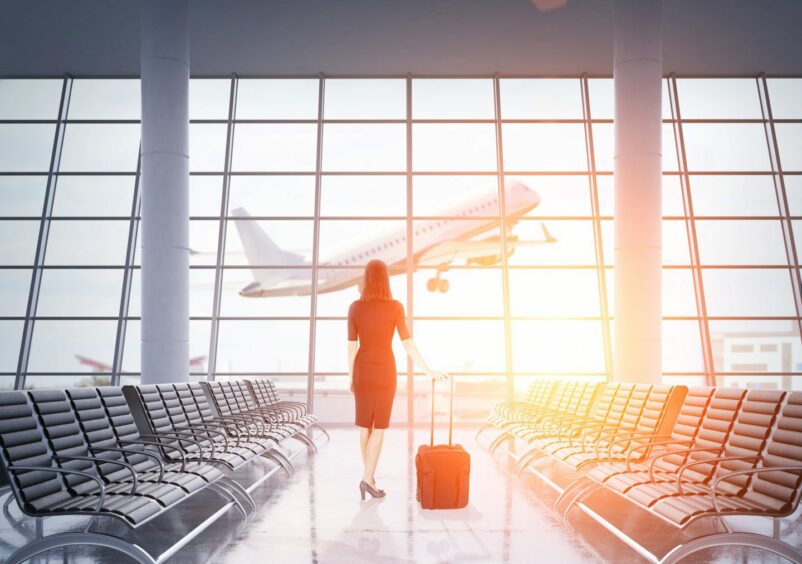
As travel – both business and leisure – begins to increase following the pandemic, unfortunately the stresses involved are also increasing. Planning a trip, which used to be easy, is now much more complex.
Our research shows that currently the volume of international business trips is at 44% of pre-pandemic levels. There are 2.8 times the number of international trips compared with the same period in 2021. And international travel currently is currently growing at an average of 15% per month. These figures are for business travel – and given the complexities involved in planning, plus the fact that people globally are now very comfortable conducting business using video conferencing, it would be safe to assume that by definition these trips are essential or important for the organisation.
The effort involved in planning trips – both for business or for leisure – has certainly increased. For example, what is required in terms of Covid tests or vaccinations? What happens if someone gets Covid or has a positive test result while they are away? And what if the person needs hospital treatment in a foreign country?
From a security point of view, we are living in much more challenging times and in an increasingly volatile environment globally. World events have taken over many aspects of life and have led to increasing security challenges. The Ukraine crisis has global implications, with rising socioeconomic challenges resulting from fuel costs and food shortages, including in Africa and Asia. Added to which is climate change and the lasting effects on seasonal rains, hurricanes, wildfires, landslides, etc.
This all means that organisations are spending a lot more time and effort in planning business trips. Travel has become more complex and planning needs a lot more care.
Passengers across Europe and in the US have been experiencing a service which they find unacceptable, with long waiting times, long security and immigration queues, missing or late bags, low punctuality and last minute cancellations. Even for travel within the UK, any journey can be affected by changes, cancellations, strikes, re-routing – all of which adds to the stress any traveller will feel. Organisations need to ensure that business travel that is important to the organisation can continue.
In the past, travel risk assessments may have concentrated on the location, without looking at the profile of the traveller or of the activity they will be performing. To meet their duty of care, three are three areas an organisation should consider when assessing the risks for business travel:
• The traveller profile – looking, for example, at any health issues which can be managed by conducting pre-travel health checks. We should also be aware of the rise in mental health issues, which has been exacerbated or highlighted by the pandemic, and how these may affect people, either while travelling or when based abroad.
• The profile of the location
• And the delivery of the activity at the location – the profile for somebody sitting in an office will be different to that of someone who is travelling across a desert in a truck.
Organisations should take steps to ensure as safe and secure an environment as possible for their workforce – whether it is for travelling to a business meeting, for assignees, expats, or for people employed locally – and have a conversation with their employees about the level of risk they are willing to accept to achieve the business objectives. An assessment allows organisations to understand the risks involved and either transfer, accept, avoid or mitigate these risks – always taking into account the business objectives or business activity in addition to the location risks.
To find out more about International SOS, please contact Nicola Yates: nicola.yates@internationalsos.com.
Recommended for you
